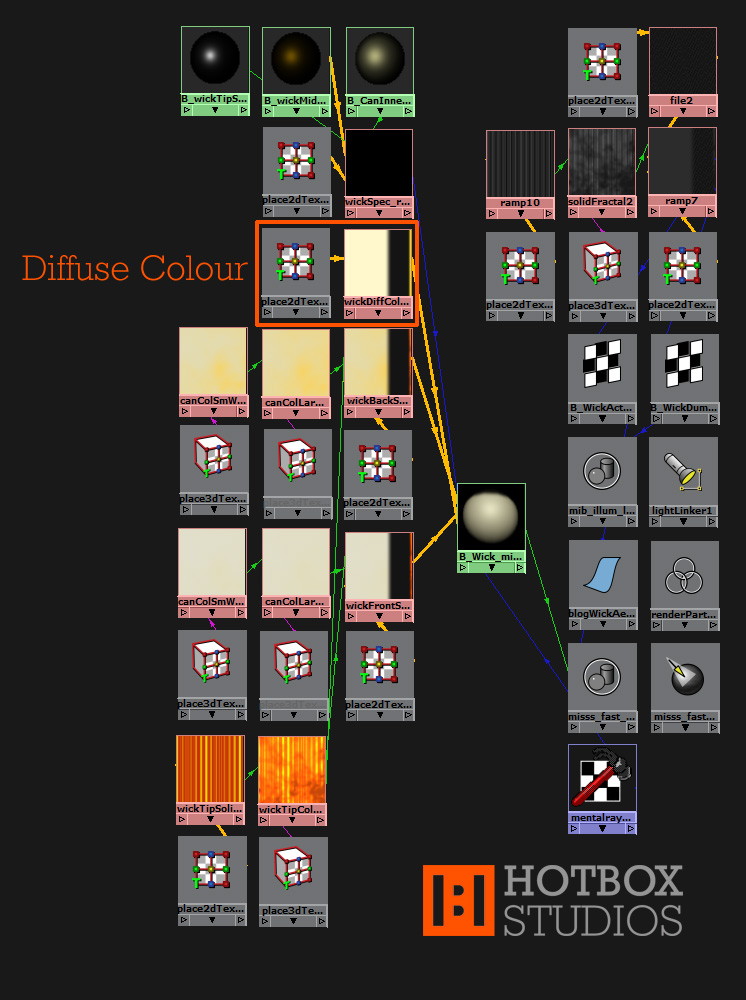

'At night, which was when officer Conley had his experience, only about a third of people noticed the fight, Professor Simons said. 'Two students were beating up a third, and they were kicking and punching and yelling and coughing,' Professor Chabris said.ĭespite the ruckus, the majority of runners missed the incident when running in the dark. On the way, the subjects passed a staged fight about 26 feet off the pathway they were using. They had to keep a steady distance and were asked to count the number of times he touched his head. They asked students to follow a research on a three-minute run around the college campus. In 2011, psychology professors Christopher Chabris from Union College and Daniel Simons from the University of Illinois re-created some of the conditions of the original incident. In 1995 a Boston police officer was prosecuted for perjury after he claimed not to have seen a brutal assault while he was running after a suspect.īut the policeman's story is very plausible and could be a case of 'inattentional blindness.'

'We have managed to connect people's experience of brain overload to what's going on inside their neurons, as high energy demands for one purpose are balanced out by reduced energy use related to any other purpose,' said Professor Lavie. This 'push-pull pattern' was closely synchronised, showing a trade-off of limited energy supply between attended and unattended brain processing. These increases were directly mirrored with reduced cellular metabolism levels in areas responding to unattended stimuli.


They found levels of cellular metabolism in brain areas that responded to the task at hand rose as the task became more complex. These tasks were sometimes run in parallel with a visual distraction that was irrelevant to the task – known as the 'unattended' stimuli. The tasks at hand, which were either defined as 'complex' or 'simple', was known as the 'attended' stimuli. The technique was used to measure brain metabolism in different regions of the visual cortex in the brains of 18 people of both sexes as they carried out visual search tasks. The study highlights how dangerous it can be to divert our attention away from driving to focus on distractions, such as mobile phones With this method, they were able to see how much energy brain regions use as people focus attention on a task, and how that changes when the task becomes more mentally demanding. The method measures the oxidation levels of an enzyme involved in energy metabolism in brain cells' mitochondria – the energy generators that power each cell's biochemical reactions. In experiments, researchers used near-infrared spectroscopy, a non-invasive brain imaging method that measures cellular metabolism, to measure changes in brain activity. 'This explains why we experience inattentional blindness and deafness even to critical information that we really want to be aware of.'įocusing our attention on a particular task or thought can change how the brain allocates its limited energy, the researchers claim.Īs the brain uses more energy in processing what we attend to, less energy is supplied to processing outside our attention focus. 'Our findings suggest that the brain does indeed allocate less energy to the neurons that respond to information outside the focus of our attention when our task becomes harder. 'If there's a hard limit on energy supply to the brain, we suspected that the brain may handle challenging tasks by diverting energy away from other functions, and prioritising the focus of our attention. 'It takes a lot of energy to run the human brain,' said study author Professor Nilli Lavie at University College London. This constant but limited supply of energy does not increase when there is more for our mind to process, however. The brain constantly uses around 20 per cent of our metabolic energy, even while we're resting our mind during sleep.


 0 kommentar(er)
0 kommentar(er)
